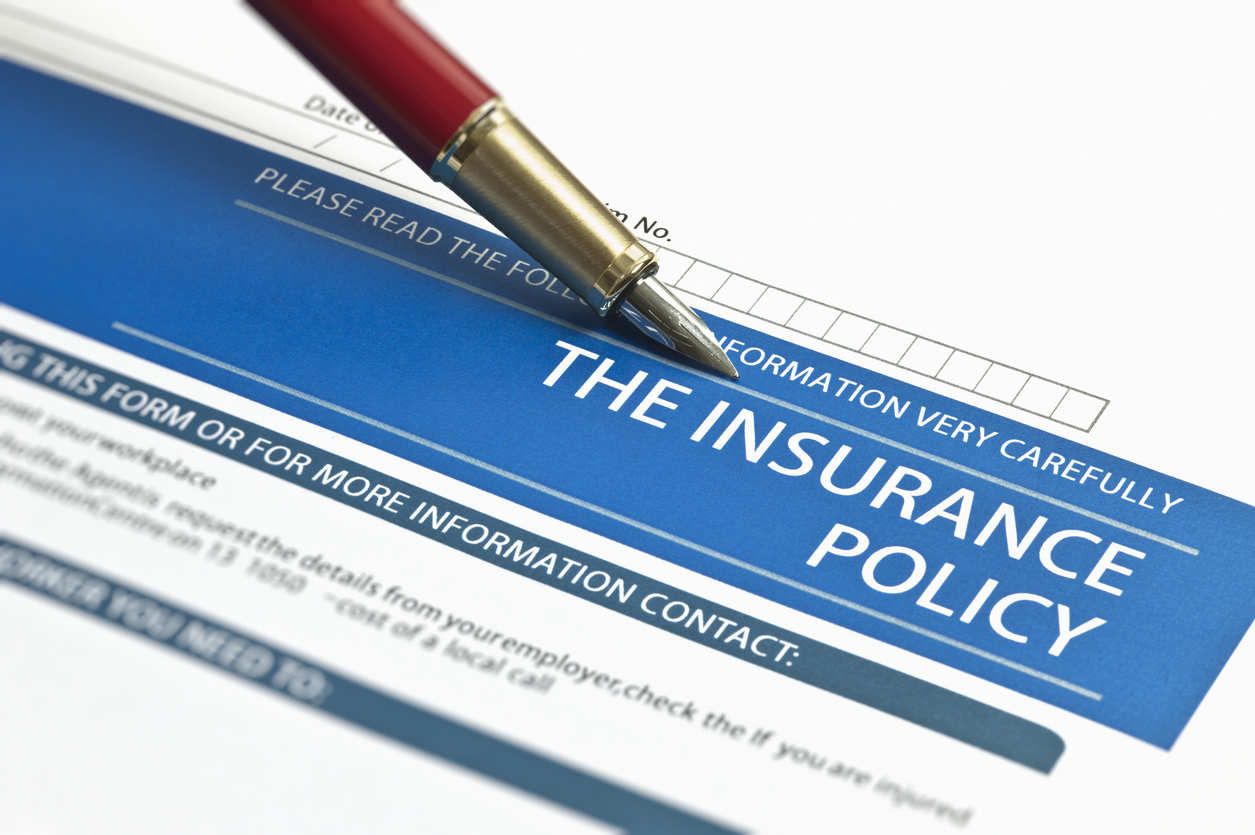The proper determination of more significant oil spill commercial lost profit and earning capacity claims must be approached very similarly to business interruption catastrophe claims. The best approach for larger or more complex claims is through a team of specialists. A business client can only be properly represented and fully indemnified through a collegial debate and analysis developing the proper assessment of the business, the circumstances resulting from the catastrophe, the amount of the loss, and legal considerations of what the law will allow and require as proof, if challenged.
I have previously explained that Accountants and Business Interruption Experts Will Play an Important Role Recovering BP Oil Spill Income Loss Claims because the analysis is not as simple as looking at past years tax based income and then averaging them for expected future income. Some claimants have told us that this is the method BP is using to determine their lost profit claims. Given the people BP has hired to determine what it owes — as criticized in Is BP Hiring Ignorant Claims Handlers with Little Dollar Authority to Pay Claims? — this methodology and result is not surprising. In How to Value an Oil Spill Claim–Not an Easy Task, I warned that these accounting and business calculations are not easy.
Merlin Law Group attorney Kristin Demers Crowell was recently published in a treatise, CAT Claims: Insurance Coverage for Natural and Man-Made Disasters, which has four important chapters concerning the handling of business loss of profit claims following a catastrophe. While I could make fun of BP and suggest that it purchase rights to the treatise and start teaching its claims adjusters some basic accounting and loss of earning concepts in a post catastrophe economy, this treatise notes the importance of a "team" and how consultants help determine the theoretical accounting calculation determining the loss to the business and needs for reasonable mitigation actions and expenses:
…the team members will need to determine the immediate and longer term steps that will have to take place.
……claims are based on theoretical calculations of what the business would have made as income had the event not occurred.
..The team…should develop the initial strategy for the handling of the claim…
…The legal representative should advise the team…
One of the basic questions all business loss of profits and oil spill clients should be asking when considering the important decision of a hiring an attorney is what kind of team will help determine the amount of the loss and help the client through the catastrophe. Claimants should understand that their accountants are not lawyers and may be unintentionally damaging a client by wrongly representing a claimant in a legal proceeding and by not properly presenting the claim. ("Consultants" and other non-lawyers filing legal tort claims for others are wrongfully practicing law and will probably be hearing from state attorneys who have made a point of prosecuting these individuals.) I usually request at least two accountants help determine the amount of the loss, understanding from experience the importance of having specialized forensic accountants work with a client’s regular tax accounting firm. The role of such an accountant was noted in The Forensic Accountant’s Role In Business Interruption And Business Income Claims.
MBAs, various economists, brand marketing specialists, disaster recovery specialists, supply chain specialists, restoration specialists, market experts, industry consultants, public relation experts, advertising experts, and various scientific experts may all have to be considered and part of a "team" just to determine what to do and how to value a loss. Based on my experience, my bet is that most of the BP attorneys and their liability claims adjusters who will review the larger and more complex claims, which are accurately prepared, will be lost and in need of help from accountants as soon as the discussion gets to the point of explaining an "accrual basis" of past and future performance in lieu of previously prepared tax or cash basis records. Retaining specialists who can communicate clearly and explain to BP’s claims consultants how the amount of loss was determined is an important consideration in hiring the particular specialists by or for the client. Simply having claims denied and litigation needlessly initiated because the claim valuations are not understood by the opponent can be devastating to a client who needs money now.
I suggest that those involved in these cases and those that may not have previous business loss of profits experience attend Oil in the Gulf: Litigation & Insurance Coverage on June 24-25 in Atlanta where I and others will discuss these issues in much greater detail.



